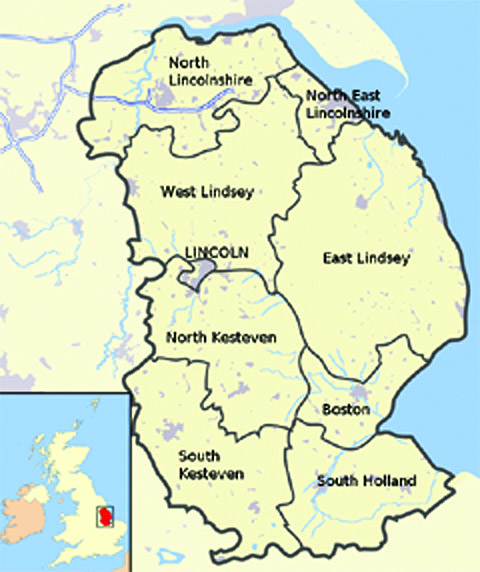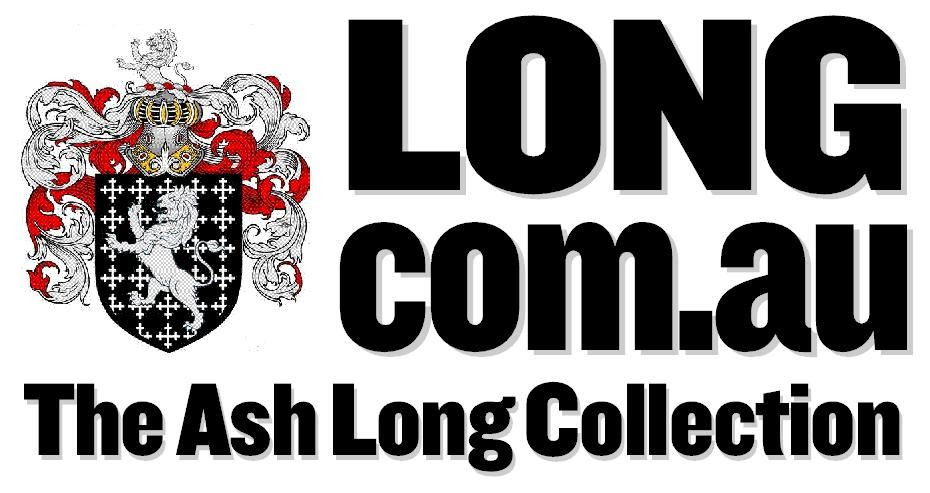
Clays came from Lincolnshire
Thursday, October 1, 1992
My grandmother, Althea, was raised as one of 11 children in the Clay family of Gorae, near Portland.
Her paternal grandfather was Charles Clay, born 1820 in Brixworth, Northamp-ton, England. He died at Portland, Victoria in 1908.
Her paternal grandmother was Eliza Latimer, born 1829, died 1896.
Charles, Eliza, and their eldest son George, sailed from London on October 26, 1852. They arrived at Geelong, Victoria, on March 8, 1853, aboard the British Empire.
They were to work for John Hastie, of Corangamite. Passenger lists show their wage from Hastie recorded as £50/6. It is understood they worked with him for at least six months; their package including rations.
After Corangamite, the Clays went to places including Buninyong. Cobden (where they worked as timber splitters), Walhalla (as timber splitters for the mines), and Portland, then later to the ‘Old Station’ at Gorae, once part of the Henty property.
For a short time, the Clays tried their luck on the Kalgoorlie goldfields in Western Australia, without luck.
It is understood that Charles Clay Snr and Charles Clay Jnr had formed a syndicate of Portland people to help fund their Western Australian excursion.
The Geelong Advertiser of March 1853 describes the British Empire as “barque, 547 tons, E. J. Allen, master, from London. Timms, Wilson & Co., agents.”
Before their voyage to Australia, the Clays had been at Brixton, Northampton, a large village and civil parish in the Daventry district of Northamptonshire, England.
My great grandfather, Charles Clay Jnr. was born at Buninyong in 1857.
The generations preceding Charles Clay Sen. and Jnr. were:
• Joseph Clay, 1775-1852. Scottlesthorpe, Lincoln, England.
• Henry Clay, 1729-1790, West Lincolnshire.
• Samuel Clay, 1692-1740, East Allington, West Lincolnshire.
• George Clay, 1651-1723. East Allington, West Lincolnshire.
• Thomas Clay, 1606-1631. Spalding, West Lincolnshire. His wife was the former Elizabeth Smith, born 1610.
Lincolnshire is a county in eastern England, with a long coastline on the North Sea to the east.
It borders Norfolk to the south east, Cambridgeshire to the south, Rutland to the south west, Leicestershire and Nottinghamshire to the west, South Yorkshire to the north west, and the East Riding of Yorkshire to the north.
It also borders Northamptonshire in the south for just 20 yards (18 m), England’s shortest county boundary.
The county town is the city of Lincoln, where the county council has its headquarters.
During pre-Roman times, most of Lincolnshire was inhabited by the Corieltauvi people.
The language of the area at that time would have been Common Brittonic, the precursor to modern Welsh.
The name Lincoln derives from the Brittonic Lindo meaning ‘lake’.

